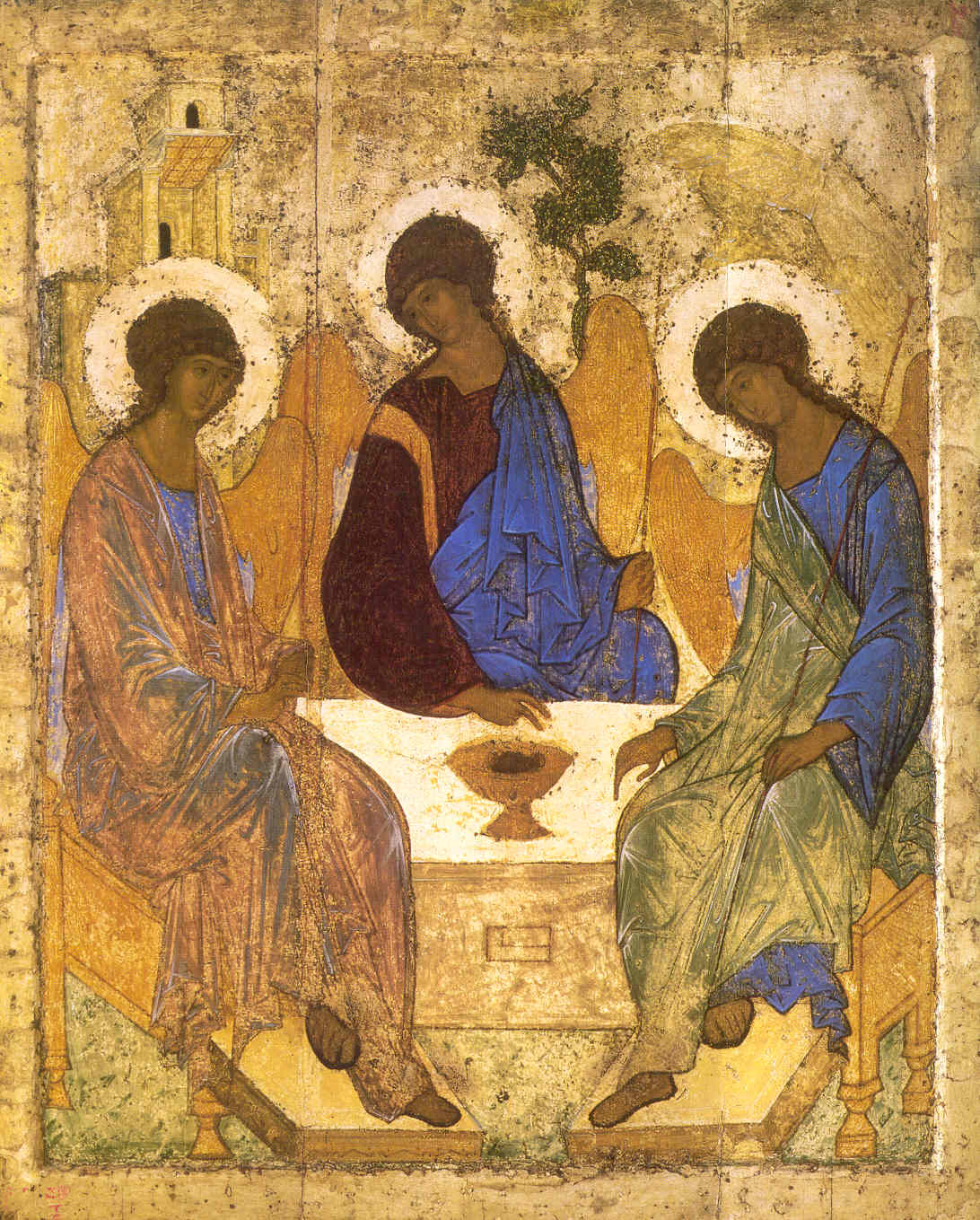
Pastoring a church confronts one with this question: what is the nature of community? If the church is to be a community described by a variety of metaphors in the Bible (body, family, etc.) what is the nature of that community?
Someone recently told me that there is no real community without commitment. If that is indeed the case, and I am inclined to think it is, then in an age like our own in which commitment is often a foreign thing, real community is rare. People leave churches for other churches. Commitment is broken and community is shattered. It happens all the time. There is no real community without commitment.
But such a statement only removes the question one step further: what then is the nature of the commitment which makes for community? Commitment is the foundation stone of a marriage. I’m inclined to think, however, that the level of commitment to a church is a step below that of marriage. But what does commitment mean for a church? I’m very interested in hearing what those reading this think about that.
One of the books mentioned in my recent appeal for books on race and reconciliation was one call God’s Neighborhood by Scott Roley. In the forward, written by Michael Card, Card speaks of an attempt at community that he, Roley, and others made over a decade ago. The commitment they made to each other included this:
“We pledged to each other that we weren’t going anywhere. We were going to resist the temptation to move away if better opportunities presented themselves to any one of us. Later we promised that even if we disagreed with one another, we would not break fellowship. over the years we have disagreed a lot, sometimes along racial lines, more often between political positions. But the fact that we are all still here… shows that our mutual promise held firm.”
Is this what it takes to establish, build, and maintain community? Is such a commitment — to not separate even in the face of deep disagreement — even possible? Is it what Biblical community consists of?
I’m very interested in people’s reflection on this question, for is not the church to be something more, something deeper, something greater than a Sunday morning club for religious people? I think so.

Fiona
I believe there has to be commitment for there to be a progressive and successful relationship, within the church community.I also realize that it’s not always easy to have everyone ‘on board’ because we are all so different: e.g. personalities, cultural backgrounds, how we were raised (meaning what values are important to us), different levels of Christian maturity and development, not to mention what is going on in our personal lives, and what our needs might be etc., and although these factors might not dictate as to how we will commit to a particular church community, they can influence our decisions and our level of commitment. So in answer to your question: ‘Mutual promise’…”Is this what it takes to establish, build & maintain community?I believe boasting about one’s commitment in a marriage, doesn’t let one off the hook. It’s whether or not a person is fully engaged in, or involved in the relationship, not to mention the depth of their love for the other person. If not, you are just biding time. Thus, the same principle applies to the church community. [This is a big topic, so trying to condense my answer is proving to be quite difficult.]:) The reality is, we live in a society today that if certain conditions are not met within a relationship (whether personal or public) people tend to step out or leave quite easily, BUT true commitment (I believe) is being involved, being faithful, being consistent and being loyal EVEN when it is difficult. I believe obedience (to God) and LOVE should be at the basis of our personal relationships and also our relationships within our church community. ALTHOUGH, I do recognize that if there is only one person in the relationship who is commited and shares these beliefs, disagreements can sometimes become more serious, which is the same for the church. IF, after prayer and genuine effort to try to come to an agreement on things and conflict is starting to fray a person’s relationship with other church members, then perhaps it’s time for that person to go somewhere else. How one leaves a church under these conditions, is also a way for one to demonstrate Christian maturity and grace, instead of going off like a school kid in a huff. In summary(lol), what Michael Card proposed with his group of friends is quite noble, but I’m not sure that agreeing to not move within a certain time frame, is a realistic goal, especially when it comes to a large number of people within a church setting.I do admire them though for their perseverance and their COMMITMENT! 🙂
A sinner's 2 cents
The church is our mother, outside of which there is no ordinary possibility of salvation. It is not so much about commitment as union. Commitment flows out of our tie to the church. I’m not disagreeing with what has already been said, just thinking out loud. It’s a difficult question. It would be an easier issue if those who leave a church, never join another one. The scenario changes when they simply change churches. There certainly is a lack of commitment among american evangelical christians for their local assemblies, but then again, most evangelical christians don’t really believe that the visible church is necessary for their salvation as long as they have jesus and their bible.